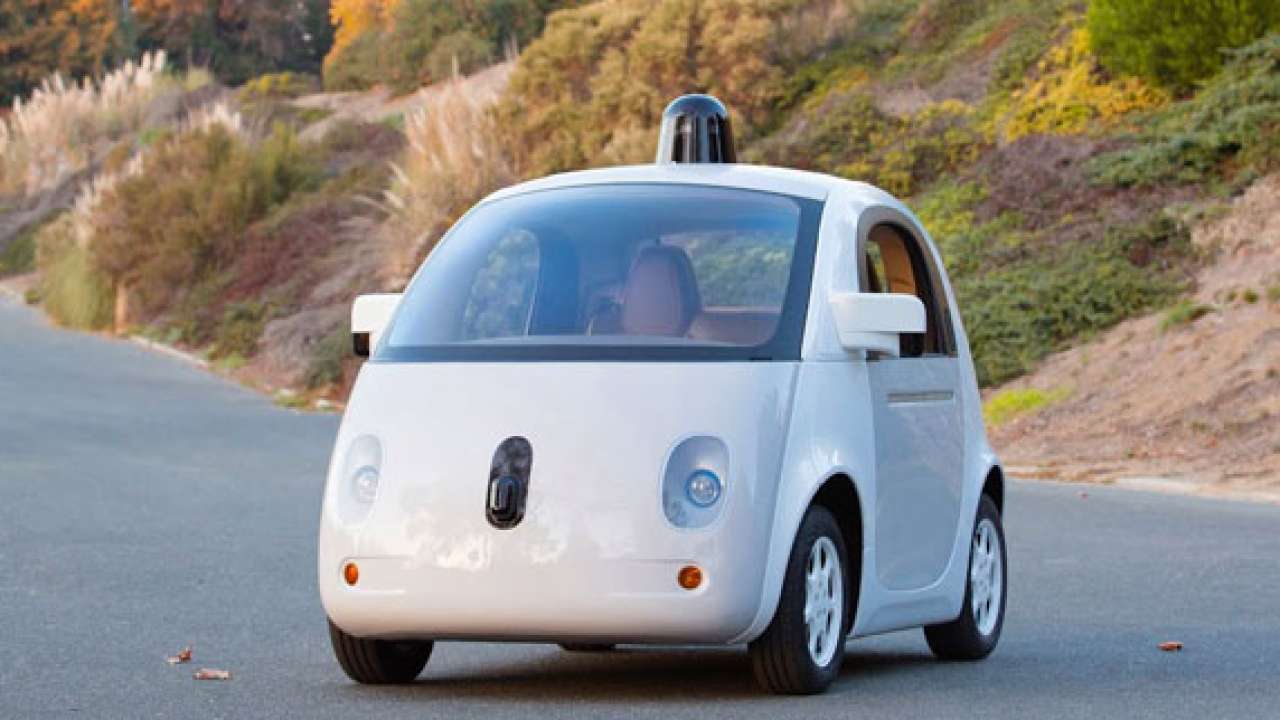Google & Automakers Aim for Self-Driving Cars in 2020

As computing power gets better, smarter, and smaller, we’re finding new ways to cram it into all sorts of devices – including cars that can drive themselves. Google’s autonomous car initiative is gathering steam, it seems, as reports hit this week that the company is in talks with the world’s biggest automakers to make the self-driving car a reality by the end of the decade.
A report from Reuters cites Chris Urmson, the director of the self-driving project, who says that Google has been chatting with car companies like General Motors, Ford, Toyota, Daimler, and Volkswagen about partnering up to bring self-driving cars to the roads.
“We’d be remiss not to talk to […] the biggest auto manufacturers. They’ve got a lot to offer.
For us to jump in and say that we can do this better, that’s arrogant.”
While that’s pretty vague, the Reuters article also cites Jon Lauckner, the CTO at GM, who says that General Motors would be open to working with Google on the project. If nothing else, even one company’s cooperation means serious potential in the long run.
There are more than a few questions that need to be answered before self-driving cars begin to hit the streets, of course. Most of those questions have to do with regulations outlined by the world’s governments, from local municipalities, to state driving laws, to federal guidelines about how autonomous vehicles should be legislated. There are questions of liability for when things go wrong, and questions of ethics in those same scenarios. And that doesn’t even touch the business model: will these be sold to individual owners? Will they exist as a fleet of on-demand car rentals, that simply ferry anyone and everyone to and from their destinations for a nominal fee? How will insurance work?
These are all important questions, but hopefully lawmakers will have the presence of mind to understand the benefits of self-driving cars, rather than focus on the potential downsides. In short, a computer can’t drive drunk, can’t be distracted by a cell phone, can’t get road rage. These three facts alone should prove how important self-driving cars are to reducing injuries and fatalities related to driving. On the other hand, human drivers can’t be hacked, and can’t contract computer viruses – so how well can self-driving cars be protected against threats like that?
Like I said – lots of interesting questions. Let’s hope we find the answers sooner rather than later.
[Source: Reuters]